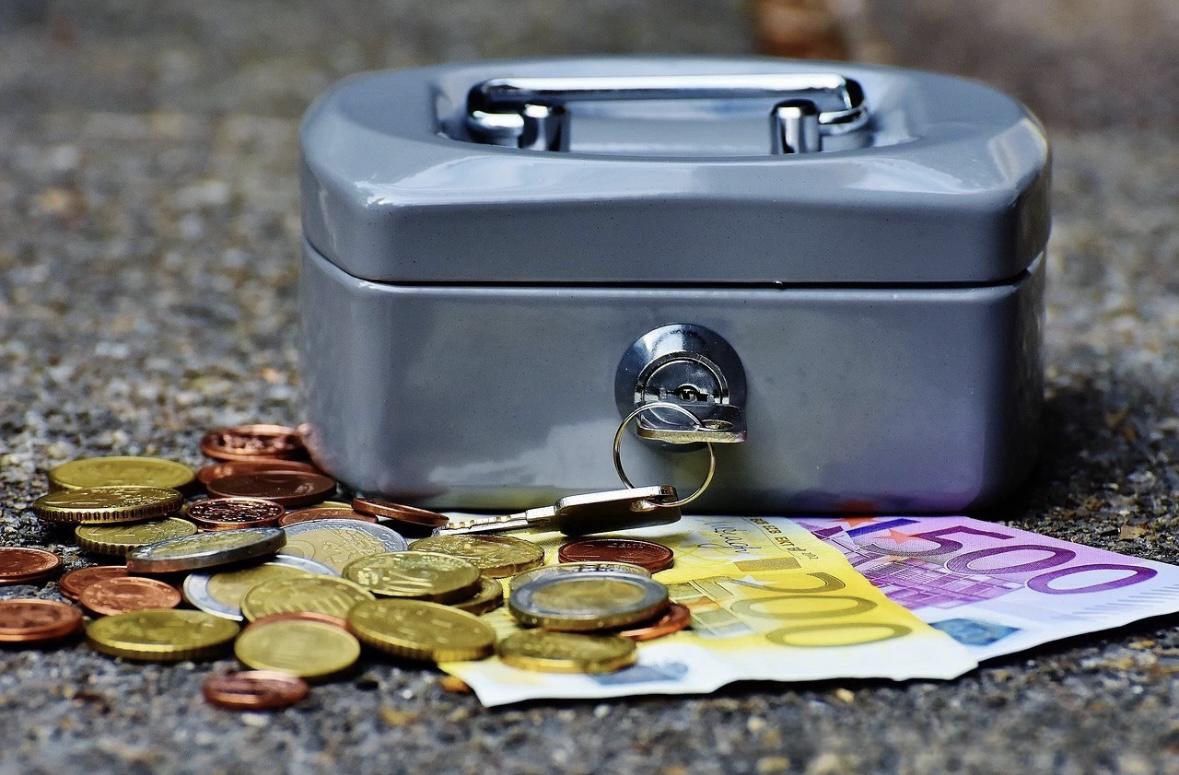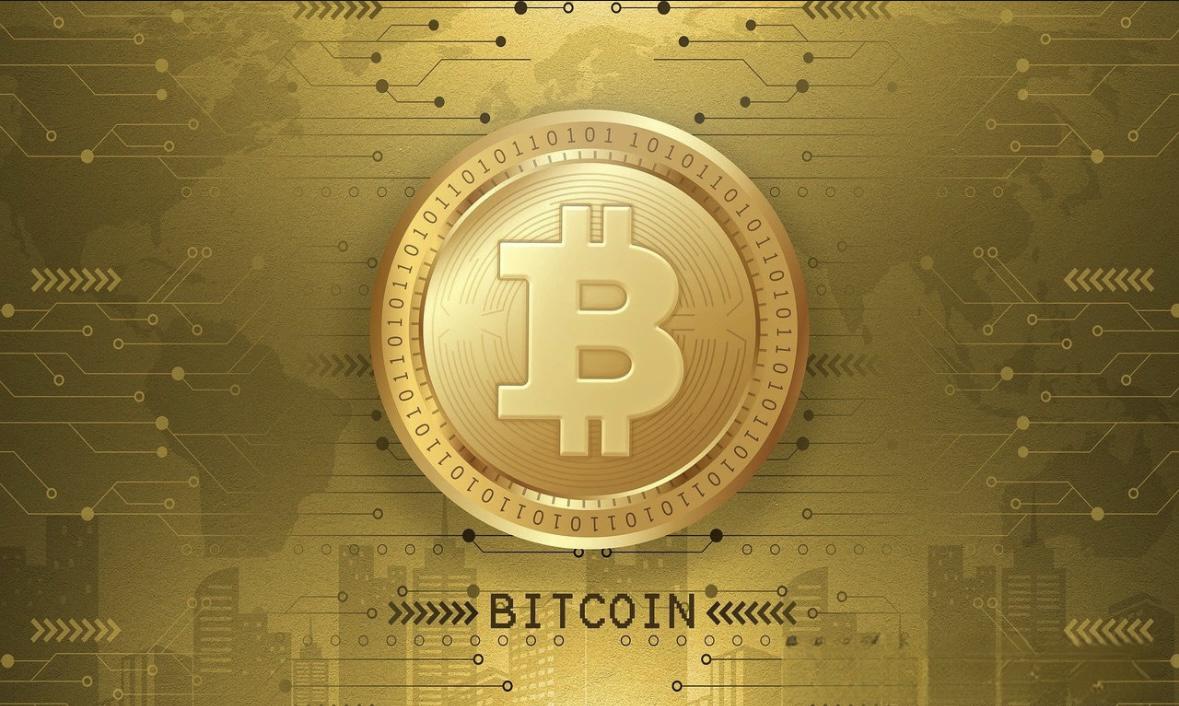In the disposal of virtual currencies involved in the case, there are several controversial issues in theory and practice. One of them is at what stage the virtual currencies involved should be disposed of. To put it more bluntly: Do the public security organs (investigative organs) have the authority to dispose of them?

1. Problem Statement
As a criminal defense lawyer and web3 lawyer, Lawyer Liu's biggest feeling in his daily work is that in criminal cases, the parties, judicial personnel such as the public security, procuratorate, and courts, and defenders, etc., almost all focus on the prison sentence, that is, the suspect/defendant may be sentenced to several years; and it is easy to ignore the property penalty in the case. In fact, the disposal of criminal property spans the four stages of investigation, prosecution, trial, and execution of the case, and has a strong presence.
If we carefully study the current status of property penalties in my country's criminal justice practice, in addition to the excessive discretion of judges, another prominent problem is that the disposal of property is not standardized, especially in criminal cases involving virtual currency. At present, the practices of judicial organs in various places are not the same. For example, the disposal stages of the virtual currency involved in the case are not consistent.
Although it is said that diversity is the source of happiness in the world, in the continental legal system that prefers the same posture, uniform movements are authentic. Therefore, through this article, Lawyer Liu talks about the stage selection of the disposal of virtual currency involved in the current criminal judicial practice involving virtual currency.
II. Current Legal Provisions
(I) Scope of the property involved
my country's Criminal Law, Criminal Procedure Law and related judicial interpretations do not provide a direct definition of "property involved in a case". However, the Ministry of Public Security's "Several Provisions on the Management of Property Involved in a Case by Public Security Organs" does provide that:
" The property involved in the case referred to in these regulations refers to the items, documents and funds related to the case that are collected or fixed by public security organs in the process of handling criminal and administrative cases through measures such as sealing, seizure, freezing, detention, retrieval, prior registration and preservation, sampling and evidence collection, recovery and confiscation in accordance with the law, as well as received from other units and individuals , including:
(1) Illegal and criminal proceeds and their interest;
(2) Tools used to commit illegal or criminal acts;
(3) Illegally possessed pornographic materials, drugs and other contraband;
(iv) Other items and documents that can prove the occurrence of illegal or criminal acts and the severity of the illegal or criminal acts.
There are similar provisions in the Supreme People's Procuratorate's "Regulations on the Management of Property Involved in Criminal Cases by the People's Procuratorate":
" Property involved in a case refers to property and its proceeds related to the case that are sealed, seized, or frozen by the People's Procuratorate during the criminal proceedings, as well as property and its proceeds received from other case-handling agencies, including the criminal suspect's illegal proceeds and their proceeds , property used for the crime , illegally held contraband , and other property and its proceeds related to the case . "
In criminal cases involving virtual currency, virtual currency certainly does not belong to the "money" legally recognized by my country, but it is a consensus in my country's judicial theory and practice that virtual currency has property attributes or value, and it certainly belongs to the property involved in the case (specifically, illegal gains, property used for crime, or property of victims).
(II) Principles for the disposal of property involved in the case
In my country's criminal justice practice, the disposal of property involved in a case is, in principle, handled by the court, and only the court has the right to dispose of property involved in a case. However, since it is a principle, there are exceptions. We will first discuss the principle in this paragraph and the exception in the next paragraph.
According to the provisions of my country's Criminal Law, all illegal gains of suspects/defendants shall be recovered or returned to the victims. All property confiscated by judicial organs (illegal gains and fines) shall be turned over to the state treasury.
In terms of specific operations, Article 447 of the " Interpretation of the Criminal Procedure Law" provides clear guidance: any property involved in the case that is transferred with the case , or any property involved in the case that is sealed and seized by the court, shall be handled by the court after the first-instance judgment takes effect .
However, in criminal cases involving virtual currencies, generally speaking, virtual currencies are kept in public security organs, and the physical objects (wallets) are generally not transferred in the subsequent procuratorate and court stages. The legal basis is Article 278 of the "Procedures for Handling Criminal Cases by Public Security Organs": " For physical objects that are not suitable for transfer , their lists, photos or other supporting documents shall be transferred along with the case." The principle of disposal at this time is that the property involved in the case is still kept in the public security organ, and after the court makes an effective judgment, the court shall notify the public security organ to dispose of it (turn it over to the state treasury, return it to the victim, etc.).
The main reason why the virtual currency involved in the case is "not suitable for transfer" is that the procuratorate and the court are relatively unfamiliar with the custody, disposal and cash-out operations of virtual currency, and do not understand the characteristics of virtual currency as a specialized criminal case detection agency of the public security organs.
From this, we can conclude that the disposal of the property involved in the case is, in principle, handled by the court after the court judgment takes effect. However, the property involved in the case is the property that has been sealed and seized by the court or the property that has been transferred along with the case by the investigation agency or the prosecution agency. For the property involved in the case that has not been transferred along with the case by the investigation agency or the prosecution agency, the court shall notify it to dispose of it.

(III) Exceptional circumstances for the disposal of property involved in the case
In principle, the court shall handle the disposal of the property involved in the case. However, according to the "People's Procuratorate Regulations on the Management of Property Involved in Criminal Proceedings", "People's Procuratorate Criminal Procedure Rules", "Several Regulations on the Management of Property Involved in Cases by Public Security Organs" and "Procedures for Handling Criminal Cases by Public Security Organs", the procuratorate and public security organs have the power to dispose of the property involved in the case. However, in current practice, the disposal of virtual currency involved is mainly handled by the public security organs. There are also two situations here:
First, the public security organs deal with it before the court makes a judgment . According to Article 21 of the "Procedures for the Handling of Criminal Cases by Public Security Organs", stocks, bonds, fund shares, etc. with large market price fluctuations can be auctioned or sold according to law upon application or consent by the parties themselves and approval by the principal person in charge of the county-level public security organ;
Second, the public security organ disposes of the property after the court’s judgment . According to Article 20 of the above provisions, if the property involved in the case is kept by the public security organ after the court’s guilty verdict, the public security organ shall dispose of the property involved in the case according to the effective judgment of the court. In other words, even if the court has made an effective judgment, the disposal of the property involved in the case is still carried out by the public security organ .
III. Peculiarities of Judicial Disposal of Virtual Currency
In criminal cases involving virtual currencies, due to the anonymity, decentralization, and network node storage distribution (borderless, decentralized servers) of virtual currencies, there is a certain threshold for investigating criminal cases involving virtual currencies. Even to date, some grassroots judicial organs have a very primitive understanding of virtual currencies and are unable to effectively seal, freeze, and seize the virtual currencies involved. According to current practical situations, among the three judicial organs of public security, procuratorate, and court, the public security organs have the most in-depth understanding of virtual currencies and the richest operational experience. Some prosecutors or judges do not know how to seize or transfer virtual currencies, nor do they know the difference between cold wallets and hot wallets and how to use them.
Therefore, in practice, the public security organs usually convert the virtual currency involved into cash, and then seize the corresponding RMB after conversion, and then transfer it with the case; or for cases where there is no urgent need for cash conversion, the public security organs will keep the virtual currency involved and dispose of it after the court judgment takes effect.

IV. Conclusion
Based on the above, the disposal of the virtual currency involved in the case, if in accordance with criminal procedures, is best handled after the court verdict; however, for some cases where the conviction and sentencing can only be based on the amount of virtual currency involved in the case, it can be handled before the verdict; if it is handled by the judicial organ, the current judicial practice is that it is handled by the public security organs. Of course, it is not ruled out that in the future, when the business capabilities of the procuratorate, especially the case handlers of the court, continue to improve, and there are no technical obstacles to the custody and disposal of virtual currency, the court will be directly responsible for the disposal of the virtual currency involved.












